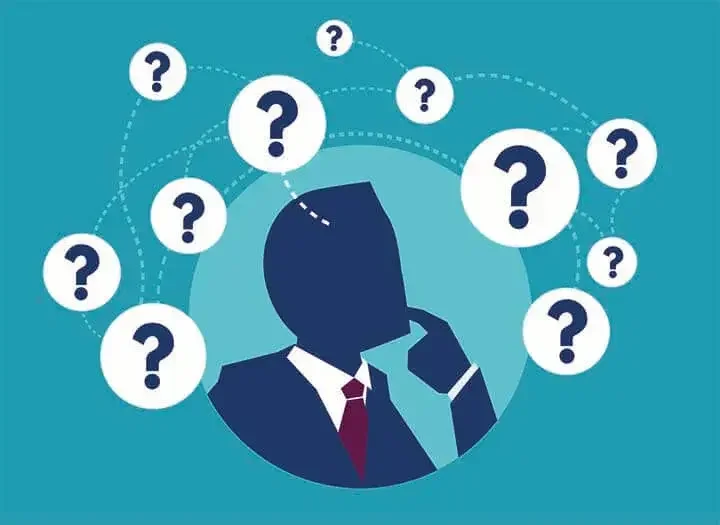The executor of a will is responsible for carrying out a deceased loved one's wishes. Before someone passes away, they hopefully plan what will become of their assets, as well as who will be in charge of ensuring their plans are followed through. In an ideal world, family members of the deceased person would work together to take care of everything, but unfortunately, that doesn't always pan out.

That's why there are legal protections in place, such as naming an executor of a will. If someone named you the executor, you'll need to learn more about what your role will be and how to ensure you are carrying out the deceased person's wishes.
What is an executor of a will?
Simply put, an executor of a will is someone who manages the deceased person's estate, according to Sam Safi of Safi Law Group. When a person dies, most of their assets and liabilities get transferred to their estate, and then the executor's job is to "settle all outstanding issues of the estate (including paying off creditors) and then finally distributing the remaining balance of the estate to the beneficiaries," said Safi.
If the deceased individual had a will, then typically, the will names someone to be the executor. However, Safi pointed out, if someone passes away without a will, then one of their close family members can apply to the court to become the executor of the estate before legally administering it.
What does an executor of a will do?
There are many duties associated with being the executor of a will. According to Sheena Sahni, Wealth Management Advisor with WestPac Wealth Partners, they include keeping the deceased person's assets safe until they can properly be distributed to those named in the will or creditors, deciding what assets and property to sell and what to keep, contacting people in the will to make sure they get their inheritance and wrapping up financial affairs like canceling crediting cards, paying debt and final income taxes and contacting the Social Security Administration.
In addition, they have to distribute property and keep the estate's money separate from their own, which means setting up a bank account in the name of the estate.
Since executor of a will duties are so complex, Safi said that usually, an executor will seek out an estate lawyer to provide assistance. A lawyer will be able to let the executor of a will know if a will is valid and meets all the requirements of the state, according to Brent Morgan of The Morgan Law Office.
Additionally, a lawyer will tell the executor of a will if the will has to go into probate, meaning, a judge has to find the will is valid and that the person named executor is qualified to serve.
Who is typically named an executor?
In most cases, the executor of a will is going to be the deceased person's spouse, especially if their estate is being left to the spouse, according to Morgan. If the estate is going to the children, then the child getting the majority of the property will be named executor of a will.
"If divided evenly among children, the most financially responsible is typically chosen," said Morgan. "If the children are still minors, the executor is typically the same person named as guardian of the children."
Does the executor of a will get paid?
According to Safi, the executor of a will does usually get paid, since it involves a lot of hard work and stress. They will be entitled to reasonable compensation for any out-of-pocket expenses and lawyers' fees incurred, and the estate will pay them out before the beneficiaries receive their shares.
How to protect the deceased person's wishes
As the executor of a will, it is your responsibility to ensure that the deceased person's wishes are being upheld and you're taking your executor of a will checklist seriously.
"When someone dies, often, family and friends feel that they can go into their house to collect items that they feel personally attached to or that they think the person would have wanted them to have," says Sahni. "So as an executor of the trust, first you should take an inventory of everything, then decide how to properly administer the will to ensure that not only are the deceased's assets protected, but so are their personal belongings, until such a time as they can properly be distributed to the beneficiaries of the will."
You should also research what your executor of a will duties are, hire a lawyer and accountant for guidance and protect your deceased one's assets, above all else. If you carry out your executor of a will duties properly, you will ensure that you've protected your loved one to the best of your ability.

